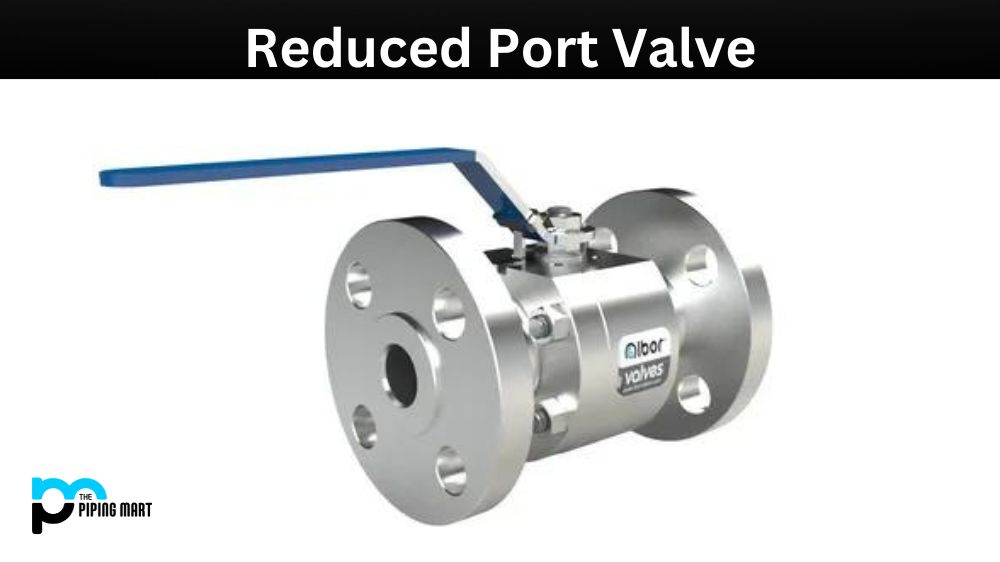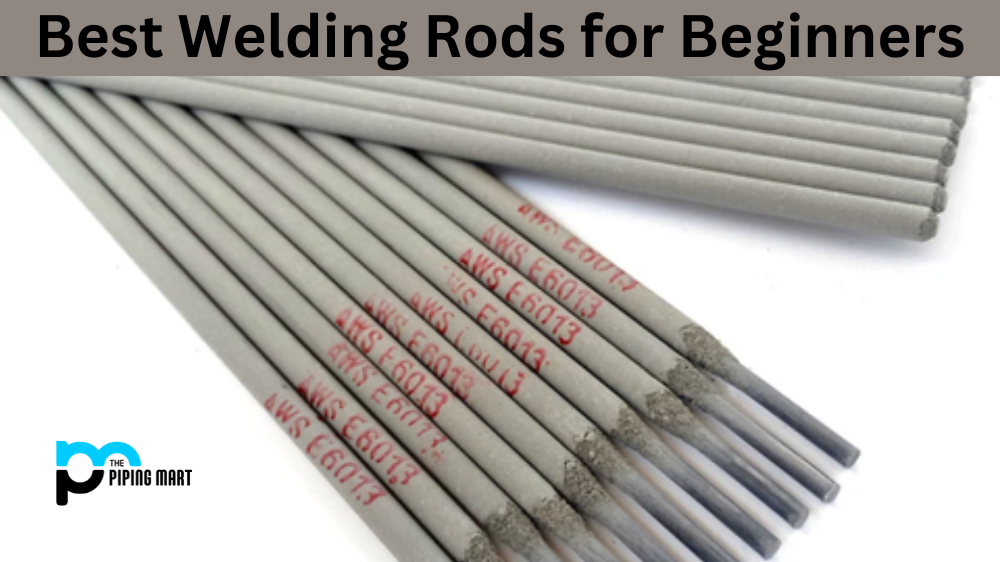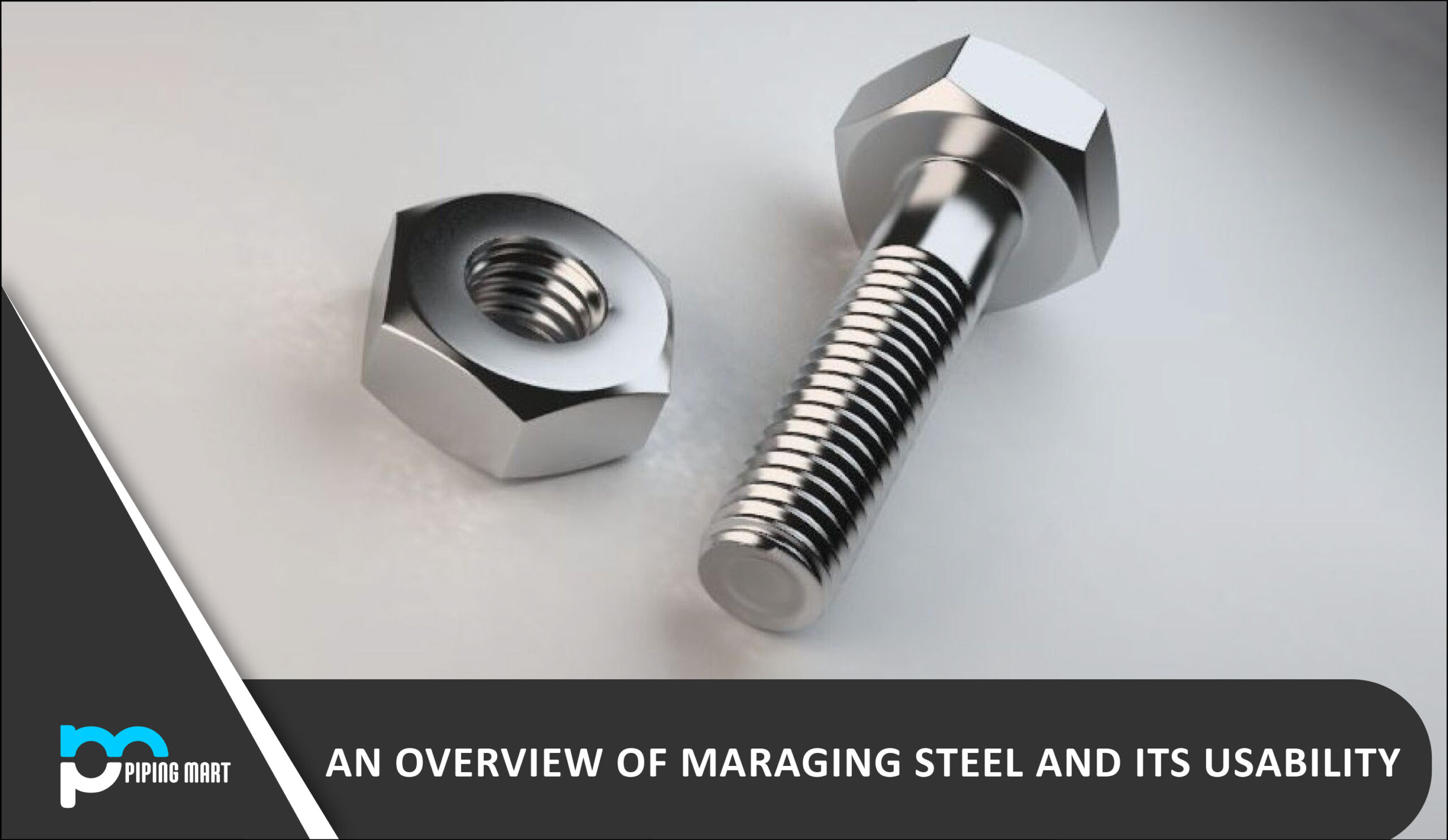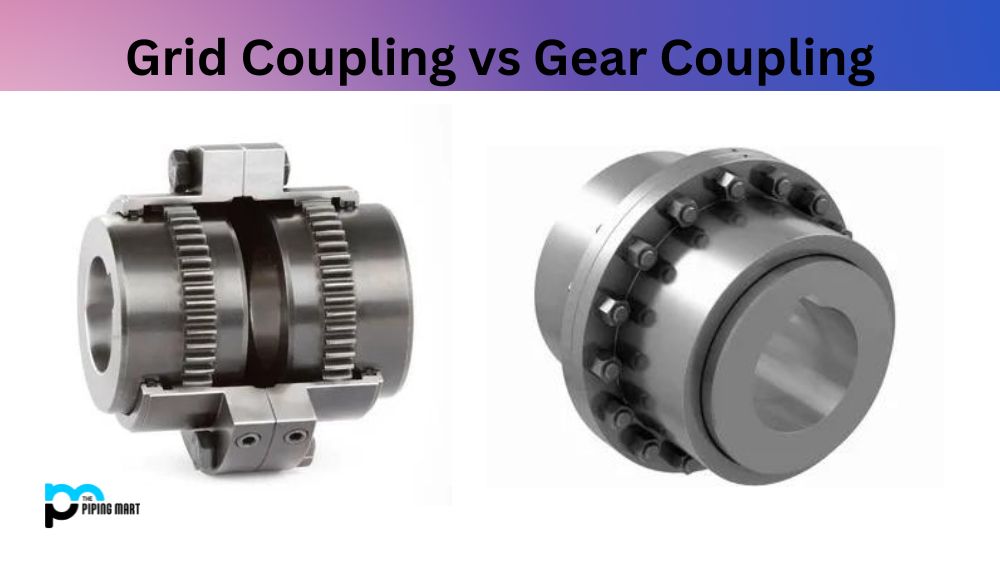As an expert in plumbing and heating, I often get asked about the advantages and disadvantages of reduced port valves. These valves have gained popularity over the years because of their ability to reduce energy costs and increase system efficiency. However, with every solution comes drawbacks, and it is essential to weigh these before making a decision. In this blog post, we will discuss the pros and cons of reduced port valves so you can make an informed choice.
Advantages of Reduced Port Valve:
Energy efficiency – Reduced port valves have smaller ports, allowing less water flow. This can save homeowners up to 30% on their energy bills as the system requires less heat to operate.
Improved system performance – With reduced water flow, the system is under less strain, and this means that the lifespan of the system components is extended. Furthermore, since the temperature of the heated water in the system is consistently maintained, the system works more efficiently.
Better temperature control – Reduced port valves give you better control over the temperature of different areas on your property. The system will be more responsive to temperature changes, resulting in improved comfort levels for the building occupants.
Disadvantages of Reduced Port Valve
Limited water flow – Reduced port valves can only handle a smaller volume of water, which can be problematic if you need a high flow rate in certain parts of the property. This is especially true if you have multiple showers, bathrooms, or other heavy water usage appliances on your property.
Cost – Reduced port valves are usually more expensive than standard valves due to their complex design. However, the potential savings on energy costs may offset the initial investment in the long run.
Compatibility – Reduced port valves may not be compatible with all heating systems. It’s best to consult a plumbing and heating expert to ensure your heating system is compatible with reduced port valves.
Maintenance – Reduced port valves require more maintenance than standard valves to ensure optimal system efficiency. Being mindful of the maintenance requirements of the valves will prevent costly replacements down the line.
Conclusion:
Reduced port valves can be an excellent solution for those looking to reduce energy costs and improve performance. The advantages of reduced port valves, such as energy efficiency, better temperature control, and improved system performance, outweigh its potential drawbacks. As with any system, there are disadvantages to reduced port valves, including limited water flow, compatibility issues, higher costs, and maintenance requirements. The right choice for you will depend on your particular needs. Consulting with a plumbing and heating expert will ensure you make the best decision for your property.

Pipingmart is a B2B portal that specializes in metal, industrial and piping items. Additionally, we share the latest information and information about materials, products and various types of grades to assist businesses that are involved in this business.




